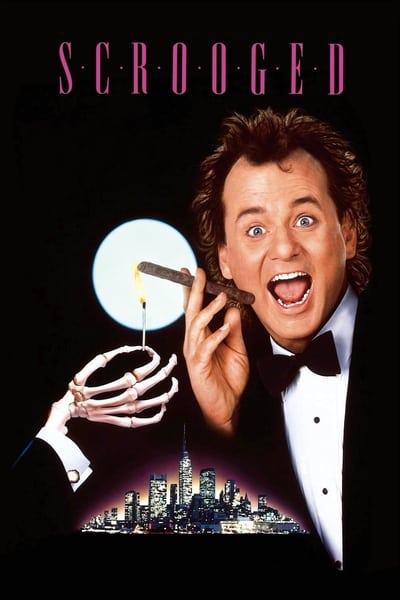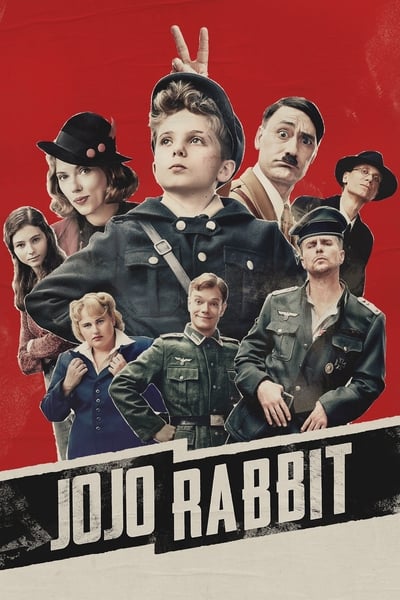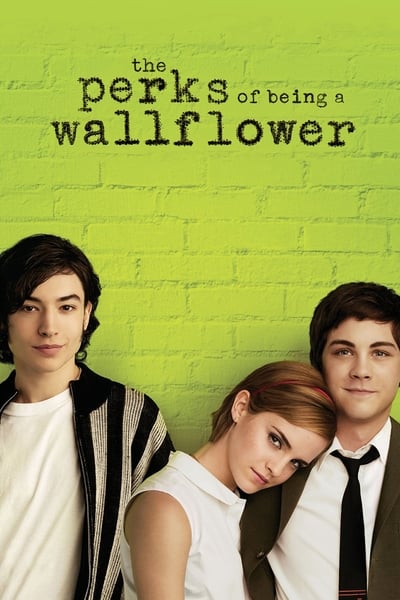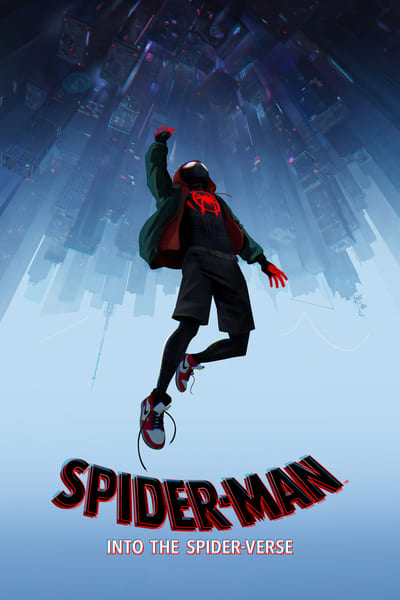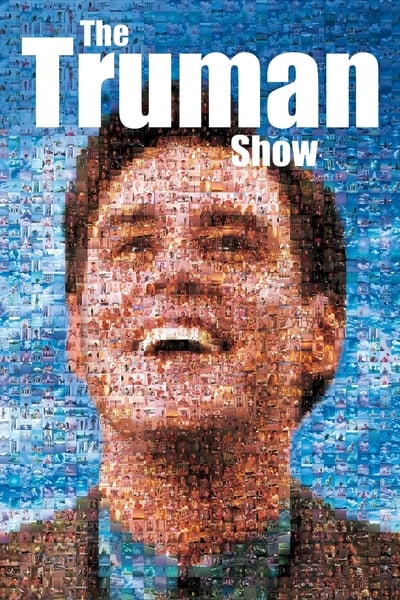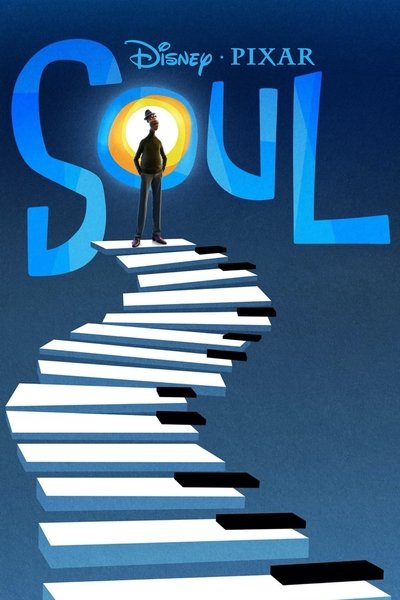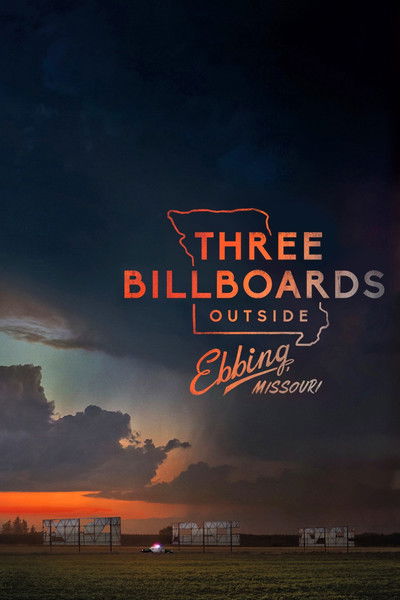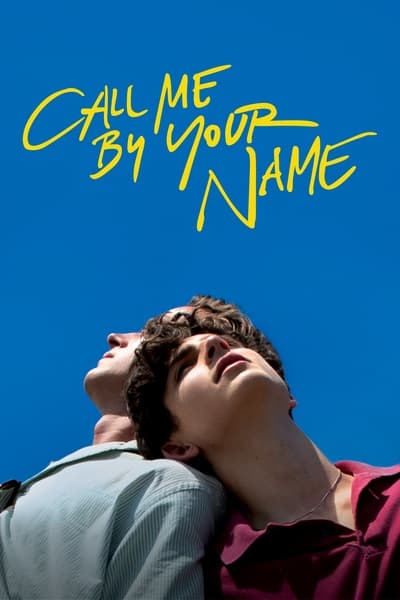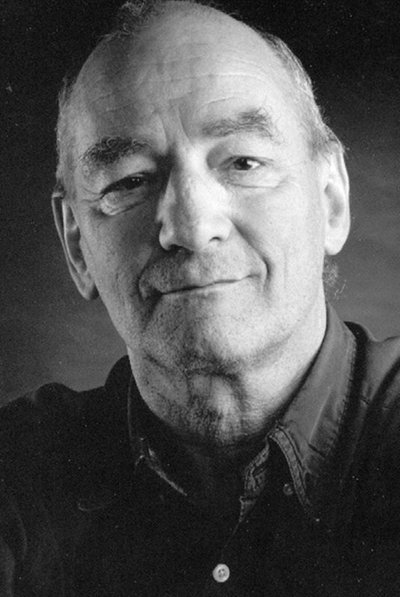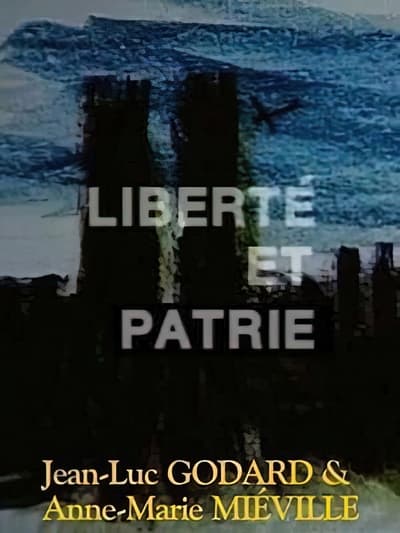
Liberty and Homeland
The title of this twenty-minute video by Jean-Luc Godard and Anne-Marie Miéville, “Freedom and Fatherland,” is the official slogan of the Canton de Vaud, in Switzerland, where the filmmakers live and grew up. To fulfill their commission from a Swiss cultural festival, they adapted a great Swiss novel, “Aimé Pache, Painter from the Vaud,” by Charles Ferdinand Ramuz, from 1911 (about a local artist who goes to Paris for his education and then returns home) and extruded its autobiographical analogies to Godard’s own life and work. Using a choice set of clips from Godard’s films to coincide with events from the painter’s life, verbal references to modern times and to Godard’s own—Sartre, the late nineteen-sixties, the cinema—and images of the Swiss terrain, which plays a decisive role in the work of Pache, Godard, and Miéville (an important filmmaker in her own right), they produce the effect of mirrors within mirrors.

Storyline
The title of this twenty-minute video by Jean-Luc Godard and Anne-Marie Miéville, “Freedom and Fatherland,” is the official slogan of the Canton de Vaud, in Switzerland, where the filmmakers live and grew up. To fulfill their commission from a Swiss cultural festival, they adapted a great Swiss novel, “Aimé Pache, Painter from the Vaud,” by Charles Ferdinand Ramuz, from 1911 (about a local artist who goes to Paris for his education and then returns home) and extruded its autobiographical analogies to Godard’s own life and work. Using a choice set of clips from Godard’s films to coincide with events from the painter’s life, verbal references to modern times and to Godard’s own—Sartre, the late nineteen-sixties, the cinema—and images of the Swiss terrain, which plays a decisive role in the work of Pache, Godard, and Miéville (an important filmmaker in her own right), they produce the effect of mirrors within mirrors.
